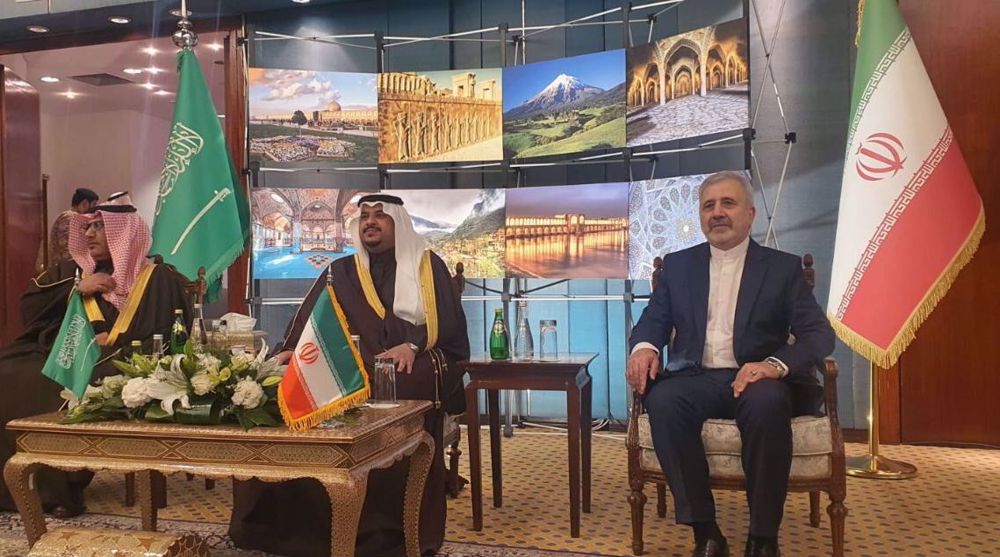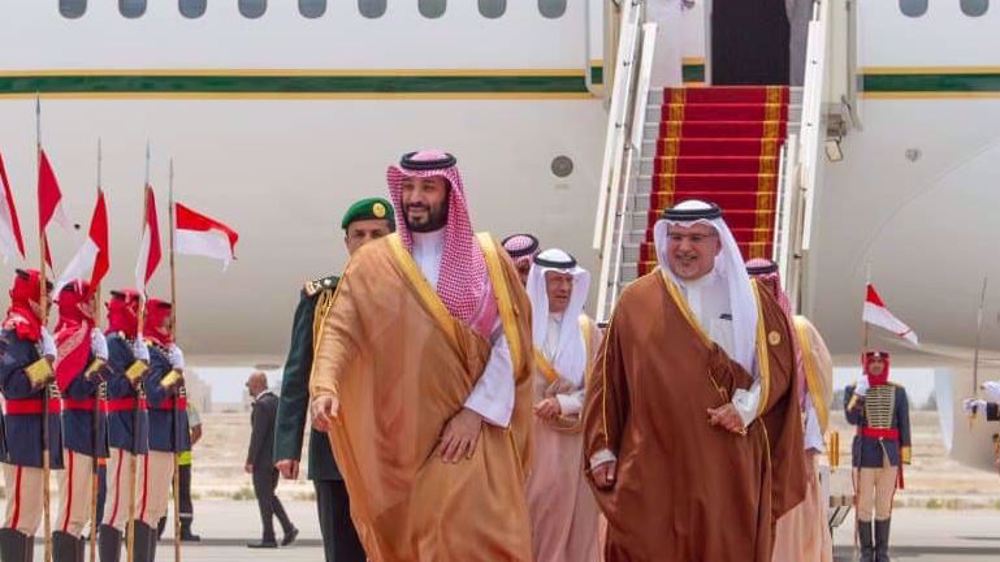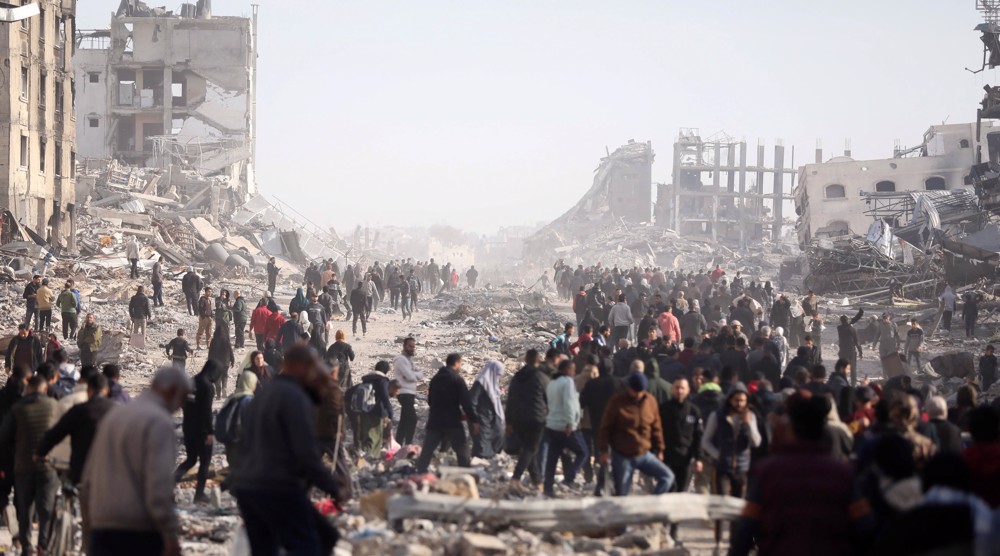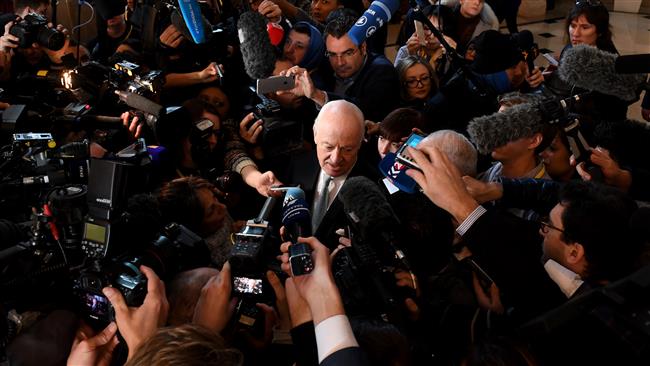Saudi defense minister, new Pentagon chief discuss Mideast in 1st conversation
US and Saudi defense chiefs have held their first phone call since the inauguration of US President Donald Trump, exchanging views on the issues in the Middle East.
Defense Secretary James Mattis and Saudi Deputy Crown Prince Mohammad bin Salman Al Saud, who also serves as the kingdom’s defense minister, talked over the phone on Tuesday.
Mattis underlined the importance of the Washington-Riyadh strategic ties, particularly to counter security challenges in the Middle East, Pentagon spokesman Navy Captain Jeff Davis said.
The US defense chief also expressed his desire to consult closely with Saudi Arabia on security issues of mutual concern, Davis added.
Meanwhile, the state-run Saudi Press Agency (SPA) said in a Wednesday report that Salman "underscored the US secretary of defense’s experience in the region.”
Mattis, known as “Mad Dog” and the “Warrior Monk,” served more than four decades in the Marine Corps and was involved in several key military operations in Afghanistan and Iraq.
Read more:
Elsewhere, the Saudi prince stressed that cooperation with Washington was necessary to restore stability to the region, the SPA reported.
The two officials further rejected what they claimed to be Iran’s “suspicious activities and interventions,” the report added.
Like Trump, Mattis is also an opponent of the Iran nuclear agreement, which was reached in 2015 between Iran and the five permanent members of the UN Security Council plus Germany. Under the deal, Tehran agreed to limit some aspects of its nuclear program in exchange for the removal of sanctions.
The conversation between the US and Saudi officials on the regional issues comes as the two allies have been among the major supporters of militants fighting against the Damascus government since 2011, when the conflict broke out in the Arab country.
Takfirism, which is the trademark of many terrorist groups operating in Syria, is also largely influenced by Wahhabism, the radical ideology freely preached by Saudi clerics.
Washington and Riyadh have both been sidelined in efforts led by Iran, Russia and Turkey aimed at bringing an end to the crisis in Syria.

Organized by Iran, Russia, and Turkey, the latest round of the Syria peace talks wrapped up in Kazakhstan's capital Astana on January 24, without Saudi Arabia being invited.
Moreover, Washington did not send a delegation to the discussions and only US Ambassador to Astana George Krol took part in the negotiations.

Tehran, Riyadh expanding, deepening mutual cooperation: Iran’s ambassador

Arab League condemns Netanyahu’s proposal to create Palestinian state in Saudi Arabia

‘Extremist mindset’: Riyadh rejects Netanyahu’s remarks on displacing Palestinians
Iraq warns of growing violence in Syria, calls for protection of civilians
VIDEO | Palestinian women mark Intl. Women’s Day differently amid Israeli atrocities
VIDEO | Ramadan in Kashmir: A blend of tradition, devotion
Two-state solution fails to secure Palestinian rights: Iranian foreign minister
VIDEO | Global water crisis
VIDEO | Tehran’s Friday prayer leader rejects any negotiations with US
Hamas welcomes Ansarallah's ultimatum to Israeli regime
Israeli airstrikes target southern Lebanon










 This makes it easy to access the Press TV website
This makes it easy to access the Press TV website